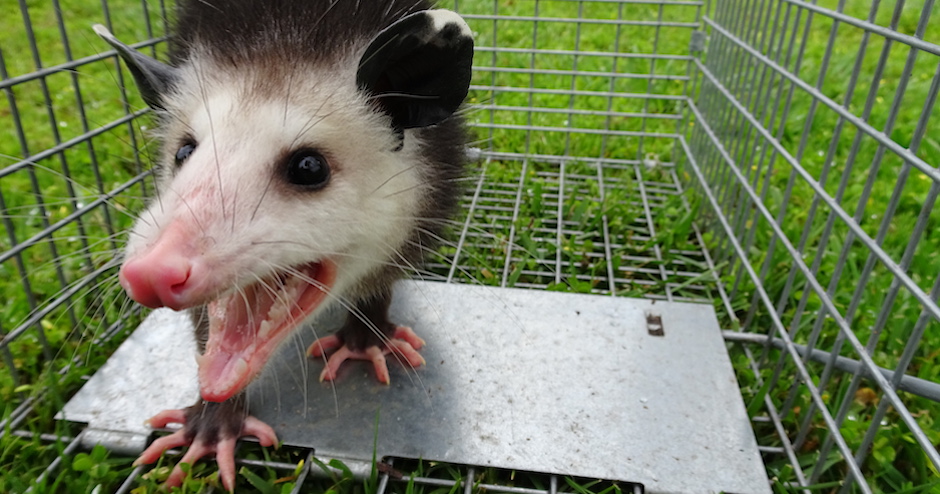Rabies and its symptoms
Rabies is a virus that spread via the saliva of animals that have been affected. The virus is normally spread from a bite. In South Asian societies, animals most prone to carrying such diseases are stray dogs whereas, in places such as America, a plethora of animals is prone to carrying them such as raccoons, bats, coyotes, and foxes.
Rabies is said to be fatal most of the times which is why it is said that once a person starts displaying symptoms, it’s too late. If you even have the slightest of doubt that you’ve been bitten by a dog that may be carrying the disease, get it to check as soon as you can. Meanwhile, here are a few symptoms that you should always watch out for.

First phase: Fever
The first sign that may appear is a fever. You are likely to feel lethargic most of the time. Likewise, there is a burning/tingling sensation at the sight of the wound, as if it’s inflamed. As time progresses, other immediate symptoms start showing up. These are numerous such as insomnia, hyperactivity, anxiety, partial paralysis, confusion, hallucinations, salivating more than normal and difficulty swallowing.
Second phase: Nervous system
As the virus spreads to different parts of the body, more symptoms follow. This includes a slight difficulty moving facial muscles, vision problems, difficulty swallowing and ‘foaming’ of the mouth. At this stage, it is normally said that the patient can no longer be brought back to normal status hence it is of utmost importance to be very vigilant even if there is a little doubt that you may have been bitten by an infected animal.
What to do?
If you or someone you know has been bitten by a dog, it’s best first to wash the wound for a good ten minutes and cover the wound with a clean bandage. Go to the doctors’ and tell them what happened. The next step is to check up with the owner of the dog, unless it is stray, and check the vaccination records. If the dog is stray, call the local authorities to help them locate the dog. The best step is to proceed to the emergency ward as soon as you can and see a specialist since this disease often proves fatal.
Prevention and precautions
To take the initiative to reduce the threat of rabies in your surroundings, it is best to get your pets, such as dogs or ferrets, vaccinated. If you see any stray animals around your house, it is recommended to get in touch with the local authorities and have them take care of it. It is also recommended always to be cautious when around wild animals.
Visit our Wildlife Trapper Genesee County home page to learn more about us.

